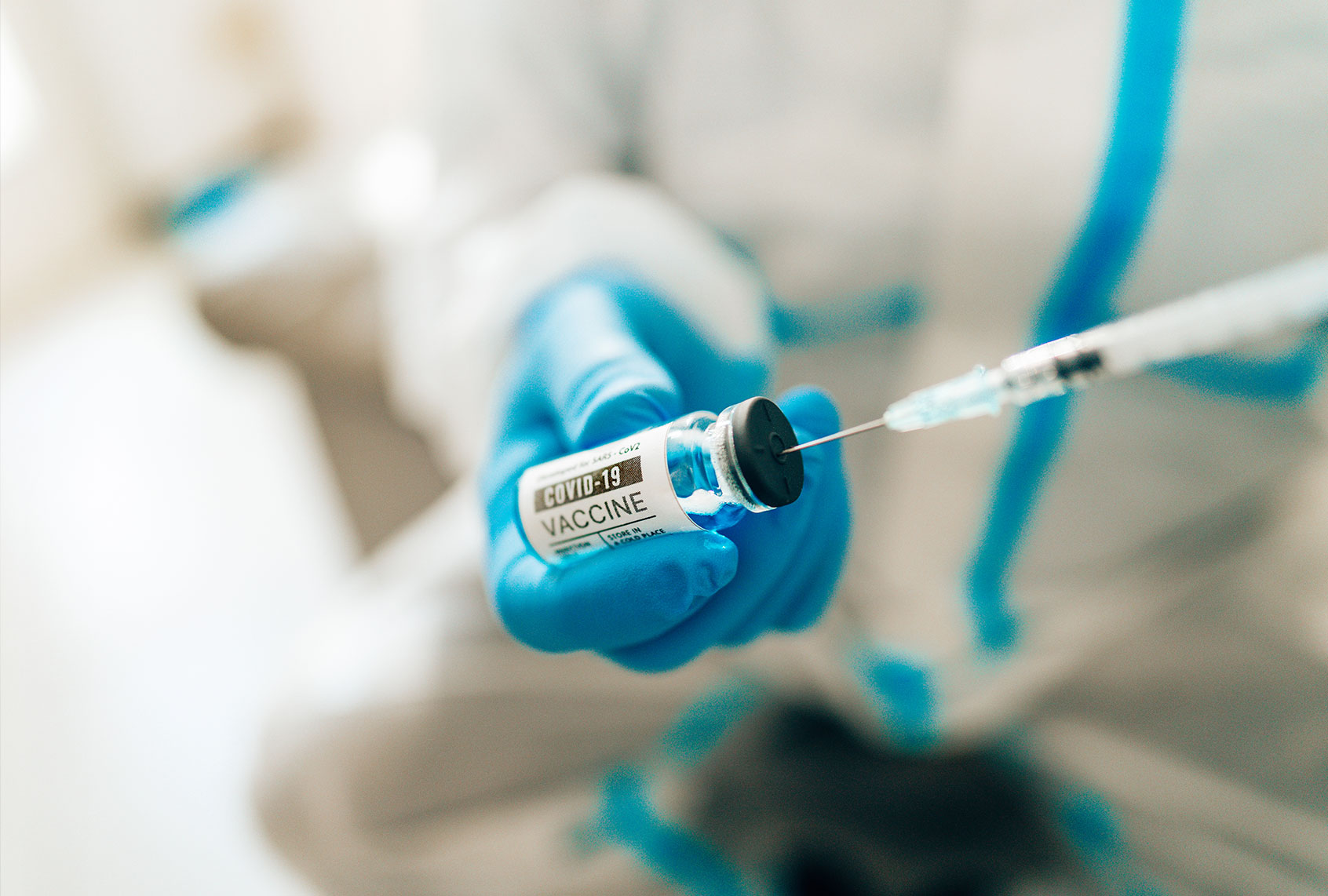On Wednesday, the Centers for Disease Control and Prevention (CDC) announced the omicron variant of SARS-CoV-2 has arrived in the United States.
While little is known about transmissibility and if this variant causes more severe COVID-19 or not, its mutational profile has scientists concerned — hence, the worldwide political reaction to the variant. Across the variant’s entire genome, there are 50 mutations; 32 are in the spike protein, which is implicated in the virus’ ability to attach and gain entry into human cells. Most of the current vaccines train the human body’s immune system to recognize a specific spike protein on the coronavirus, which is how we build protection against the virus overall. However, many modifications to the spike protein could result in vaccinated individuals’ immune systems no longer being able to recognize the spike protein — which would mean they could be infected despite vaccination.
As a result, vaccine manufacturers are already putting the wheels in motion to modify existing vaccines if needed. That’s because many experts expect the variant to resist current vaccines.
Yet other scientists see this as putting the horse before the cart. That’s because the jury is still out on whether or not this variant will escape vaccine-induced immunity. Some scientists estimate it will be at least another two weeks before the world has answers regarding how the current vaccines respond to the variant.
If that’s the case, then at what point will a new vaccine — or an updated one — be needed? And how will we know?
The answer, experts tell Salon, is maddeningly subjective.
“There are no established rules for this, but likely will involve a combination of transmissibility, virulence, and immune evasion data that will need to emerge,” said Litjen Tan, chief strategy officer of the Immunization Action Coalition. “Data indicating superior transmissibility over delta (thereby increasing its chances of becoming dominant), increased virulence (so leading to greater severe illness) and reduction in the existing immune response (either natural or vaccine-induced) will lead to consideration of tweaking the existing vaccines.”
Tan said when it comes to modifying the vaccine, there is no threshold for vaccine efficacy — meaning, how effective the vaccine is against a variant.
“That would be hard to determine,” Tan said. “Efficacy against what? Severe illness, hospitalizations, infection?”
Amesh Adalja, a senior scholar at the Johns Hopkins Center, told Salon that determining if a vaccine update is needed goes back to the initial goals of the vaccines.
“To me, the most important thing is that a vaccine has efficacy against a serious disease,” Adalja said. He noted that in the cases of some variants, like beta and gamma, the vaccine meant that the infected generally had only mild symptoms — meaning that even if the vaccine sometimes did not prevent a breakthrough case, it still did its job in stopping death or severe disease.
“Because omicron has some immune-invasive associated mutations and is spreading, the threshold is getting very close to being crossed to update the vaccine; there is no magic number for efficacy and early in the pandemic the FDA was poised to approve anything that had at least 50% efficacy against symptomatic disease,” he noted.
While vaccine effectiveness has waned slightly now that the delta variant has become dominant, data suggests that the normal two doses of the Moderna vaccine are still approximately 50 to 95 percent effective against delta. The Pfizer-BioNTech vaccine is 39 to 96 percent effective against Delta. The vaccines are around 60 to 95 percent effective at preventing hospitalization from the Delta variant.
Tan said data indicated that the existing vaccines work well against delta, especially against hospitalization, and when supplemented with booster shots.
“So it makes sense to keep getting people protected against the delta [variant], rather than lose capacity to manufacture existing vaccines as a result of switching to a new strain,” Tan said.
Monica Gandhi, infectious disease doctor and professor of medicine at the University of California–San Francisco, said fears of the omicron variant evading vaccine-induced immunity do not appear to be playing out clinically,
“There is simply no evidence that the variant is evading the vaccine, from WHO and from doctors on the ground,” Gandhi said.
Want more health and science stories in your inbox? Subscribe to Salon’s weekly newsletter The Vulgar Scientist.


